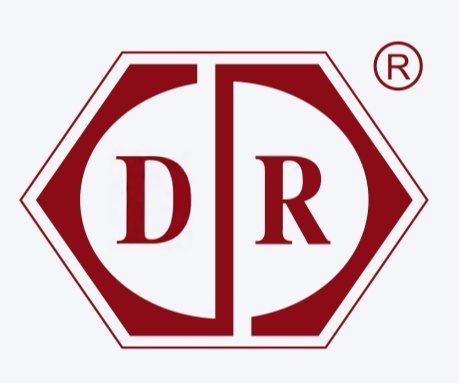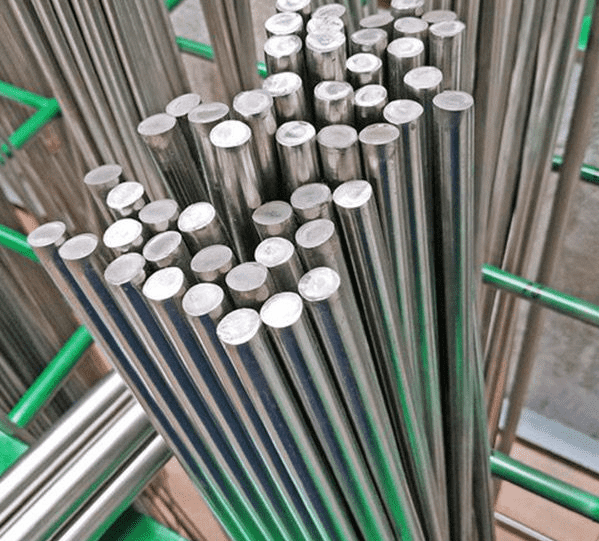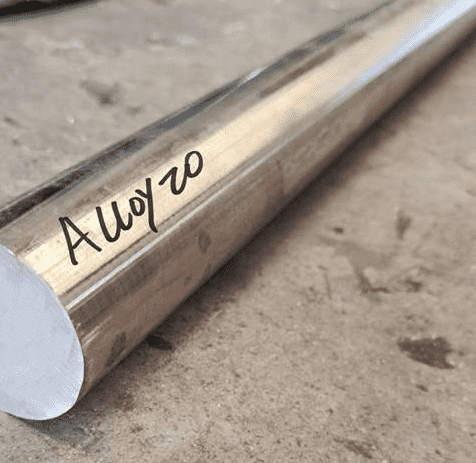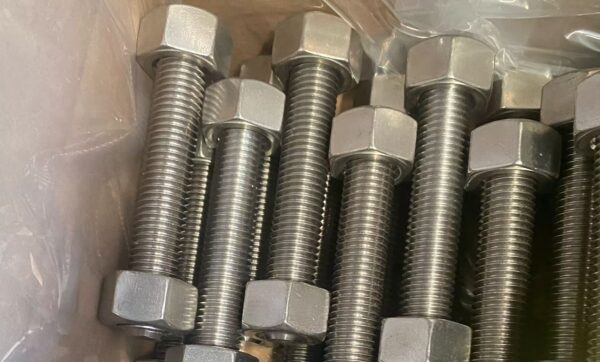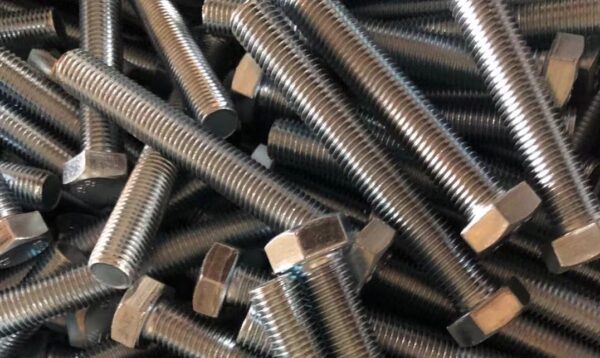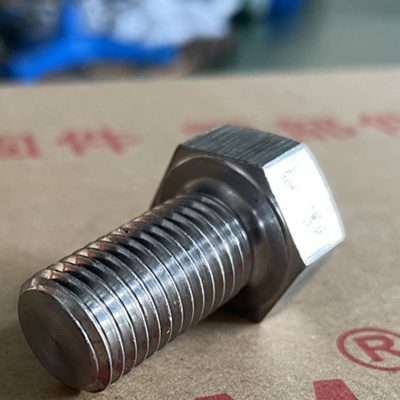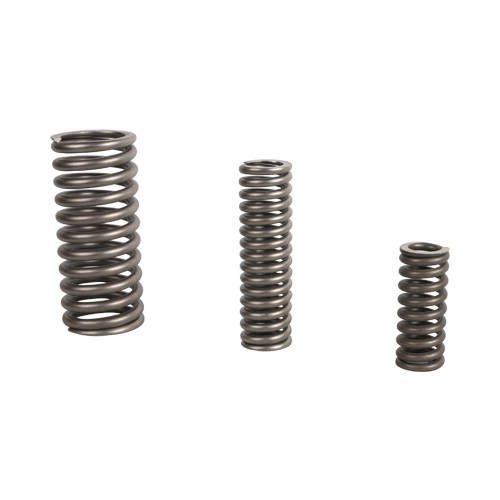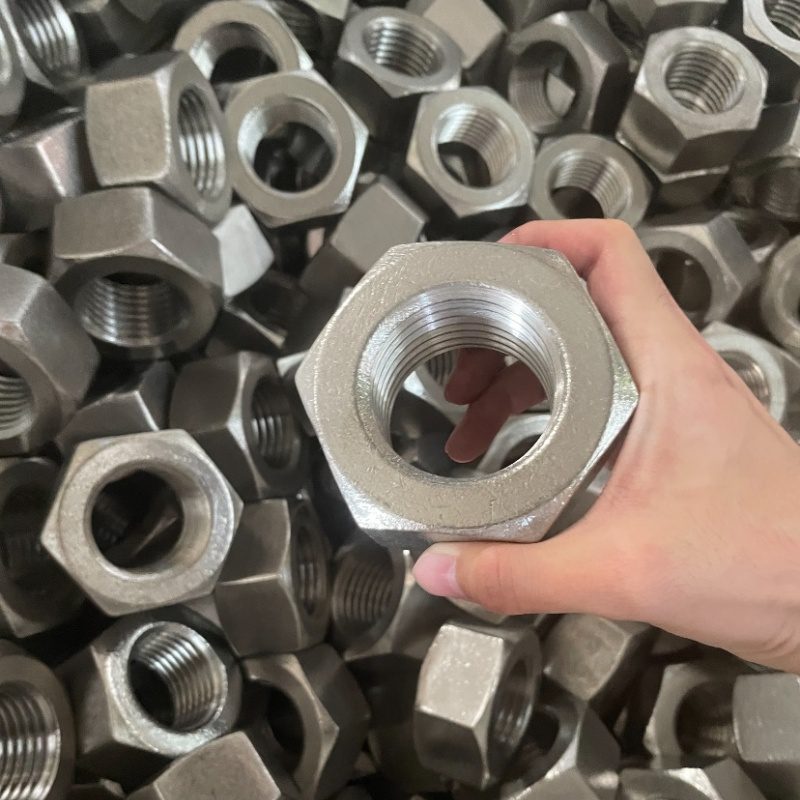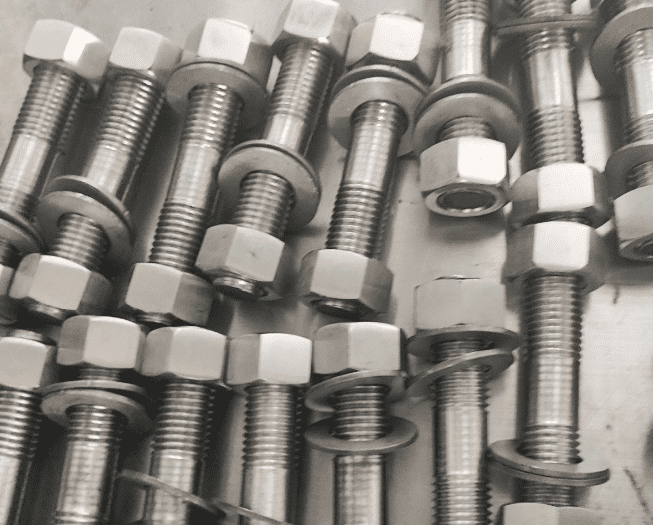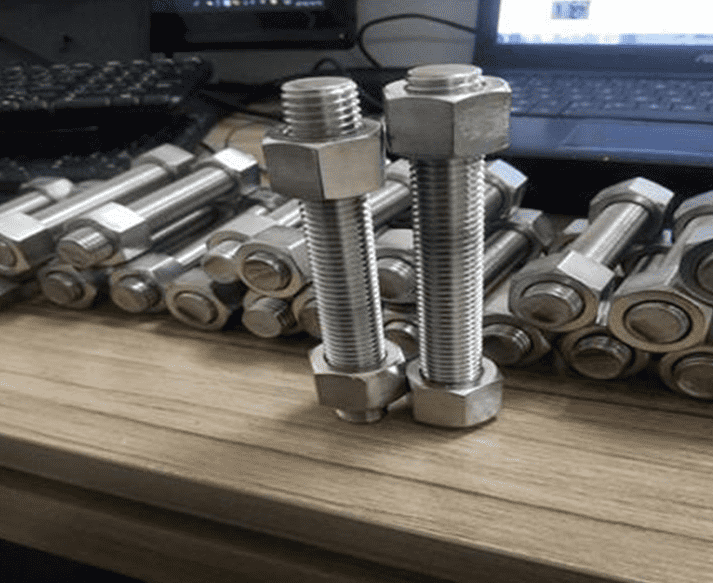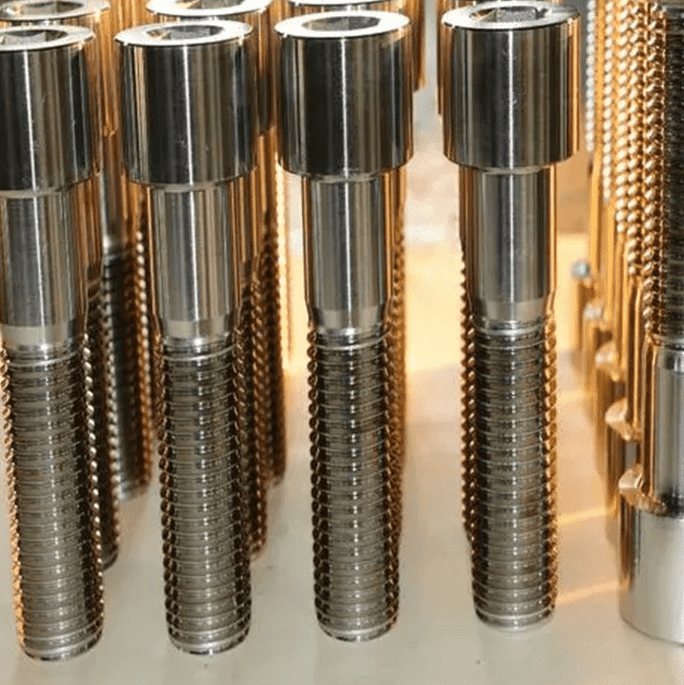Key elements include:
- Nickel (Ni): 32.0-38.0%
- Chromium (Cr): 19.0-21.0%
- Molybdenum (Mo): 2.0-3.0%
- Copper (Cu): 3.0-4.0%
- Low Carbon (C): ≤0.07%
- Additional Elements: Manganese (Mn) ≤2.0%, Silicon (Si) ≤1.0%, Phosphorus (P) ≤0.045%, Sulfur (S) ≤0.035%, Niobium (Nb) ≤1.0%, Aluminum (Al) ≤0.2%, and Titanium (Ti) 0.6-1.2%12.
Physical & Mechanical Properties:
- Density: 8.14 g/cm³
- Melting Point: 1370-1400°C
- Tensile Strength: σb ≥ 550 MPa
- Yield Strength: σb ≥ 240 MPa
- Elongation: δ ≥ 30%
- Hardness: HB 135-22012.
Product Performance Highlights
Outstanding Corrosion Resistance:
- Resists pitting, crevice corrosion, stress corrosion cracking (SCC), and general corrosion in a wide range of environments, including sulfuric acid, hydrochloric acid, and seawater12.
- Excellent resistance to chloride-induced stress corrosion cracking (SCC)12.
High Mechanical Strength:
- High yield and tensile strengths make it suitable for heavy-duty applications12.
Excellent Weldability & Processability:
- Easily welded using TIG, MIG, and arc welding methods, producing strong joints with minimal cracking12.
- Good forgeability, machinability, and formability12.
Production Methods
Alloy 20 round bars are manufactured through a rigorous process to ensure quality:
- Raw Material Selection: Premium alloy steel and nickel-based materials are selected for their purity and composition3.
- Melting & Casting: The raw materials are melted in an electric arc or induction furnace, and then cast into billets using continuous casting techniques3.
- Heat Treatment: The cast billets undergo various heat treatment processes, such as annealing, to optimize their microstructure and mechanical properties3.
- Mechanical Processing: The heated and cooled billets are then machined into round bars of specified dimensions, including sawing, turning, and grinding3.
- Surface Treatment: Final surface treatments, such as polishing or coating, may be applied to enhance corrosion resistance and aesthetics3.
Equivalent Grades & Standards
- UNS N08020
- ASTM B463/ ASME SB463, ASTM A240/ ASME SA240, ASTM B729/ ASME SB729
- EN 2.4660 (Nicrofer 3620 Nb-alloy20), ATI 20
- NS143, Inconel alloy20/NAS 335X, W.Nr.2.4460
Key Application Fields
Alloy 20 round bars are widely used in industries requiring superior corrosion resistance and mechanical performance:
- Petrochemical Industry: Reactors, heat exchangers, and piping systems handling corrosive chemicals12.
- Chemical Processing: Equipment exposed to harsh acids and chlorides12.
- Marine Engineering: Ship structures, desalination plants, and seawater systems12.
- Power Generation: Components in fossil fuel and nuclear power plants12.
- Food Processing: Equipment in contact with acidic foods and beverages to ensure hygiene and safety12.
Alloy 20 Round Bar Supplier
- UNS N08020 Corrosion-Resistant Alloy
- High-Strength Nickel-Chromium-Molybdenum Round Bar
- Alloy 20 vs 316L Stainless Steel
- Marine-Grade Alloy 20 Rod
- Petrochemical Industry Alloy 20 Applications
- ASTM B463 Alloy 20 Round Bar
Alloy 20 round bars are the go-to solution for industries demanding the highest levels of corrosion resistance and mechanical integrity. For more information or to place an order, contact a reputable supplier specializing in premium nickel alloys.
